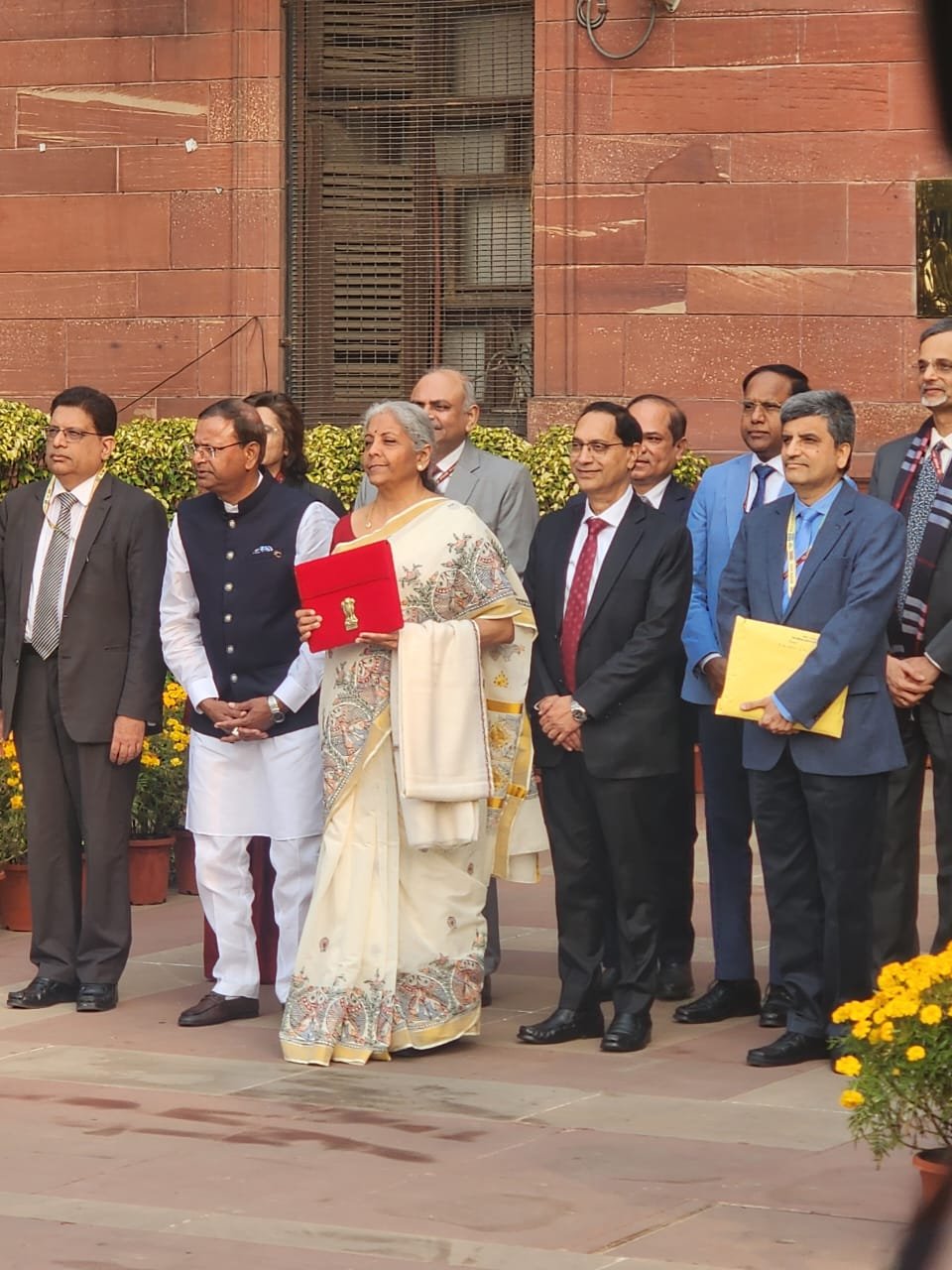India is poised to introduce a new Income Tax Bill in Parliament, aiming to replace the existing six-decade-old tax laws with a more streamlined and comprehensible framework. This initiative seeks to simplify the tax code, reduce legal disputes, and encourage voluntary compliance among taxpayers.
Background
The current Income Tax Act, established in 1961, has become increasingly complex over the years due to numerous amendments and additions. This complexity has often led to ambiguities and a surge in legal disputes. As of March 2024, income tax disputes in India had escalated to ₹13.4 trillion, with ₹3.8 trillion added in less than two years.
Key Features of the Proposed Bill
- Condensed Structure: The new bill proposes to reduce the length of the law from over 800 pages to 622 pages by eliminating redundant sections and clarifying existing provisions.
- Simplified Provisions: Complex clauses have been replaced with clearer language, and tax rates are now presented in tabulated forms. Conditions previously attached to legal clauses have been removed to enhance understanding.
- Self-Explanatory Clauses: Explanatory footnotes have been omitted, making the clauses self-explanatory and reducing potential ambiguities.
Anticipated Benefits
- Reduction in Legal Disputes: By clarifying provisions and removing ambiguities, the new bill aims to decrease the volume of tax-related litigations.
- Encouragement of Voluntary Compliance: A more straightforward tax code is expected to foster a culture of voluntary compliance among taxpayers.
- Enhanced Economic Growth: Simplified tax laws can lead to increased disposable income for individuals, thereby boosting private consumption, which accounts for about 60% of India’s GDP. This move is anticipated to stimulate demand across various sectors, including consumer goods and automobiles.
Historical Context
This is not the first attempt to overhaul India’s direct tax laws. In 2017, a committee was established to review and suggest reforms; however, its recommendations were not adopted. The current initiative reflects the government’s renewed commitment to tax reform.
Conclusion
The proposed Income Tax Bill represents a significant step toward modernizing India’s tax framework. By making the tax laws more accessible and reducing the compliance burden, the government aims to create a more taxpayer-friendly environment that supports economic growth and development.
Visit www.cagurujiclasses.com for practical courses










